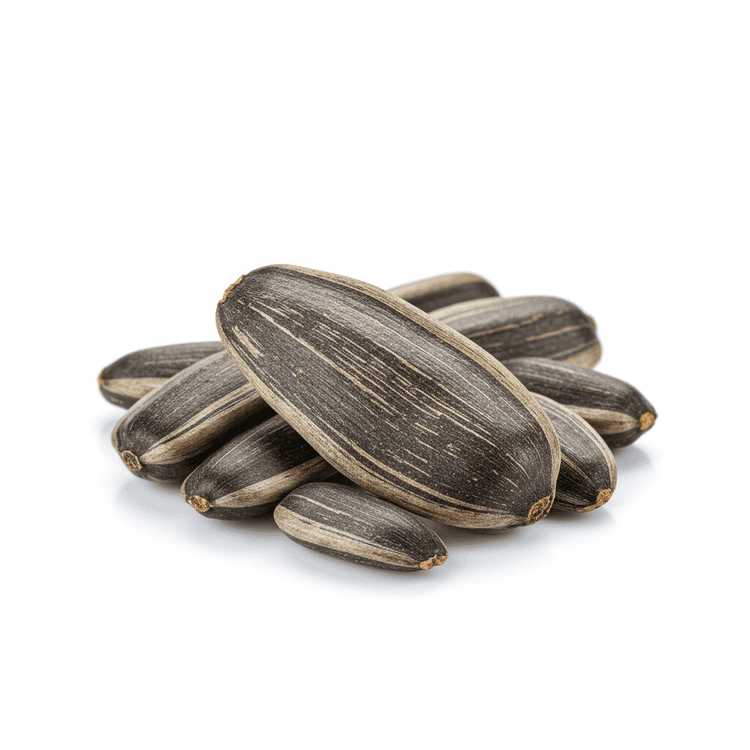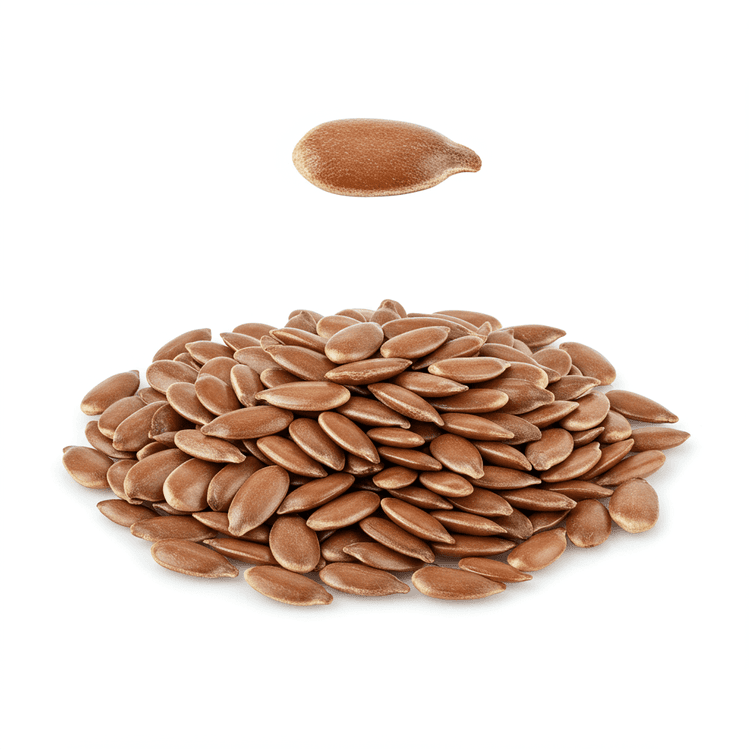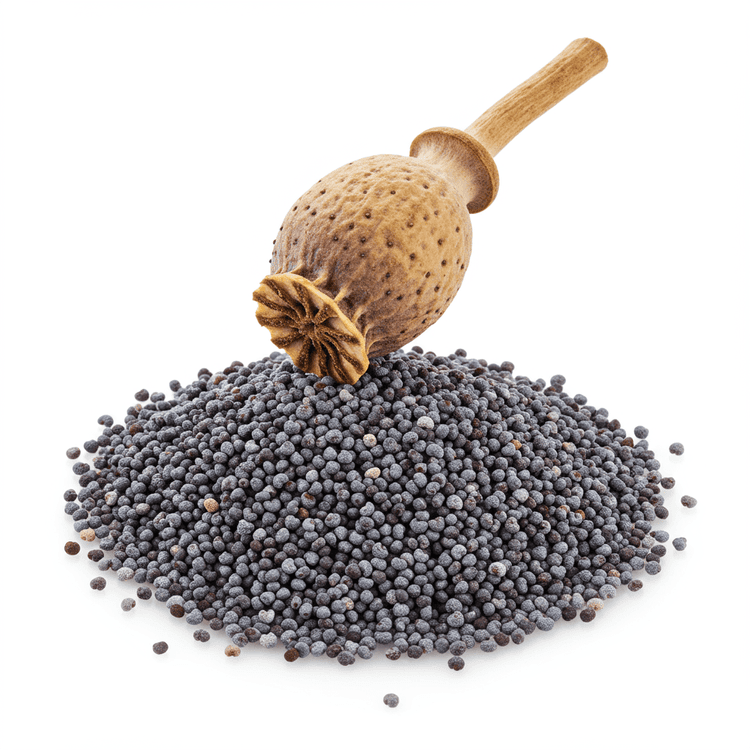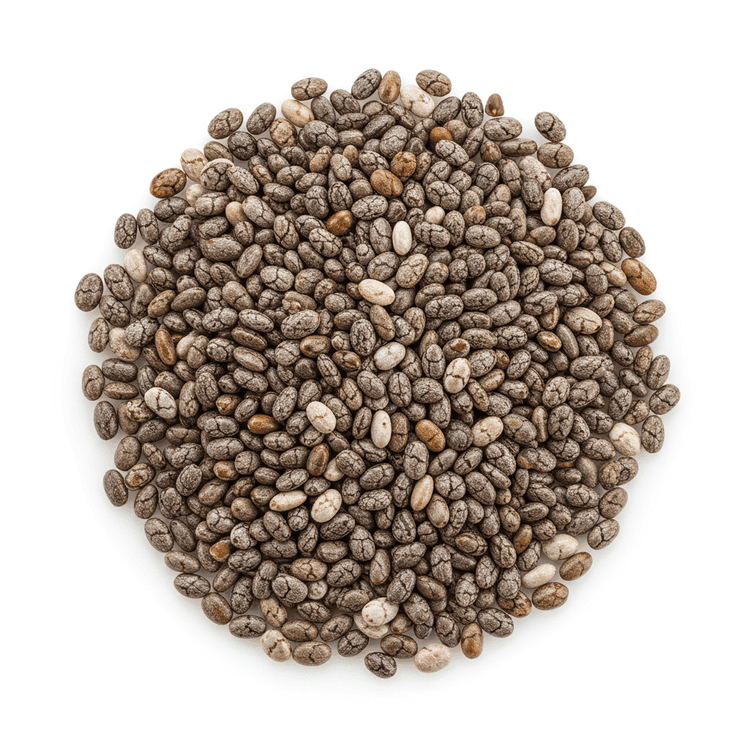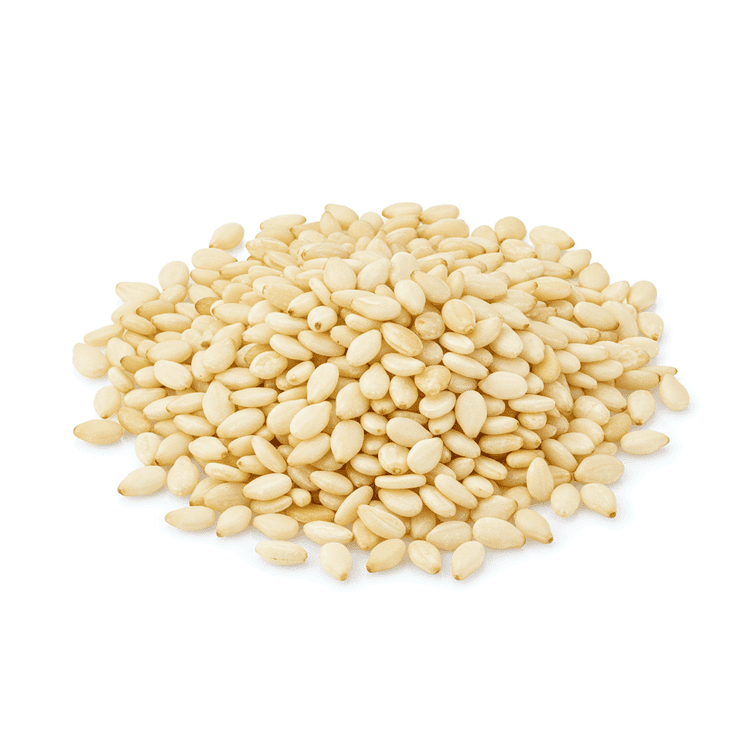
Sesame
Sesame seeds are tiny, oil-rich seeds with a nutty flavor and a delicate crunch. They come in a variety of colors, including white, black, and brown, each offering subtly different flavor profiles. White sesame seeds are most common and often used in baking, while black sesame seeds have a stronger, more intense flavor and are frequently used in Asian cuisines. Toasted sesame seeds offer an enhanced aroma and a deeper, richer flavor that complements both sweet and savory dishes. These versatile seeds are also a great source of healthy fats, fiber, and minerals, making them a nutritious addition to your diet.
Common Uses
- As a crunchy topping for breads and bagels: Sesame seeds add a nutty flavor and appealing texture when sprinkled on top of baked goods before baking.
- As a key ingredient in tahini: Sesame seeds are ground into a paste to create tahini, a fundamental ingredient in hummus and other Middle Eastern dishes.
- To create sesame oil: Sesame oil, derived from sesame seeds, is used for cooking, flavoring, and as a finishing oil. Roasted sesame oil has a deeper flavor.
- To coat and flavor fried foods: Sesame seeds can be used to coat chicken, fish, or vegetables before frying, adding a unique flavor and a crispy texture.
- As an ingredient in sesame candies and snacks: Sesame seeds are often combined with honey or sugar to create sweet treats and snacks, enjoyed in various cultures.
- To add flavor and texture to salads: Sprinkle sesame seeds over salads to add a subtle nutty flavor and a pleasant crunch.
Nutrition (per serving)
Nutrition (per serving)
Calories
573.0kcal (28.65%)
Protein
17.7g (35.46%)
Carbs
23.4g (8.53%)
Sugars
0.3g (0.6%)
Healthy Fat
40.8g
Unhealthy Fat
7.0g
% Daily Value based on a 2000 calorie diet
Nutrition (per serving)
Calories
573.0kcal (28.65%)
Protein
17.7g (35.46%)
Carbs
23.4g (8.53%)
Sugars
0.3g (0.6%)
Healthy Fat
40.8g
Unhealthy Fat
7.0g
% Daily Value based on a 2000 calorie diet
Health Benefits
- May help lower cholesterol levels due to their high content of phytosterols.
- Good source of plant-based protein, essential for muscle building and repair.
- Rich in antioxidants that combat free radicals and protect against cell damage.
- Contains essential minerals like calcium, iron, and magnesium for bone health and energy production.
- May help regulate blood sugar levels due to their fiber and healthy fat content.
- Supports heart health with monounsaturated fatty acids.
Substitutes
Chefadora AI is here.
Experience smarter, stress-free cooking.
Storage Tips
To maximize freshness, store sesame seeds in an airtight container in a cool, dark, and dry place. This will help prevent them from becoming rancid. Sesame seeds can be kept at room temperature for a few months. For longer storage, especially for hulled or toasted seeds, refrigerate them for up to six months or freeze them for up to a year. Toasting seeds before storage can enhance their flavor but may also shorten their shelf life slightly.
